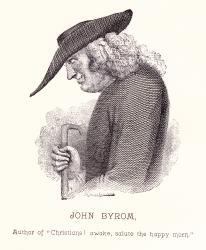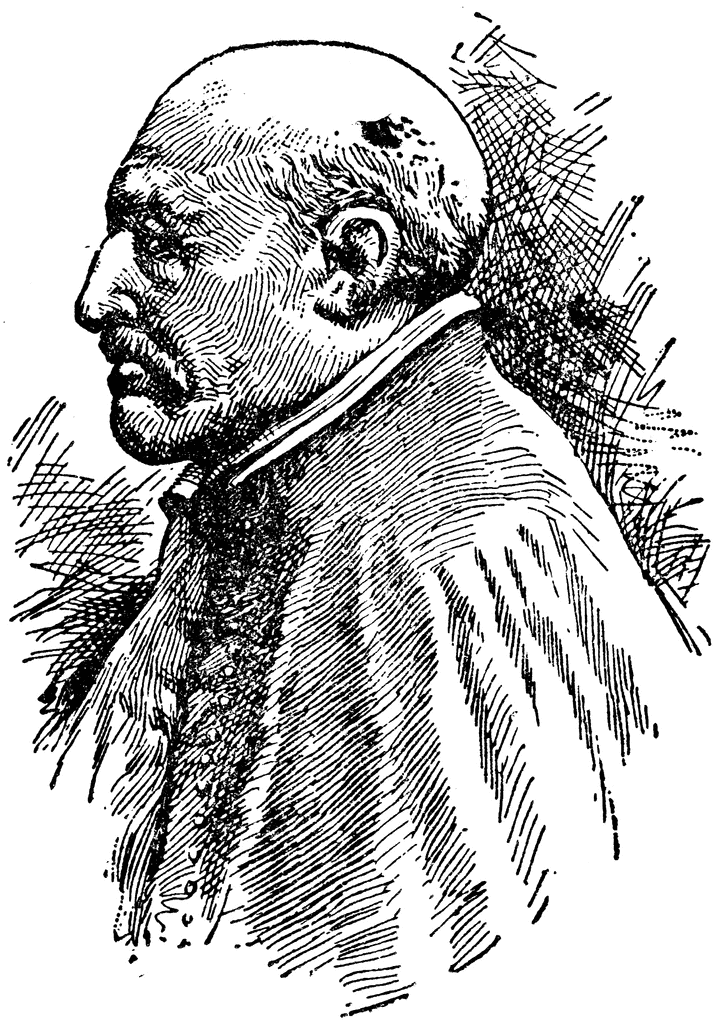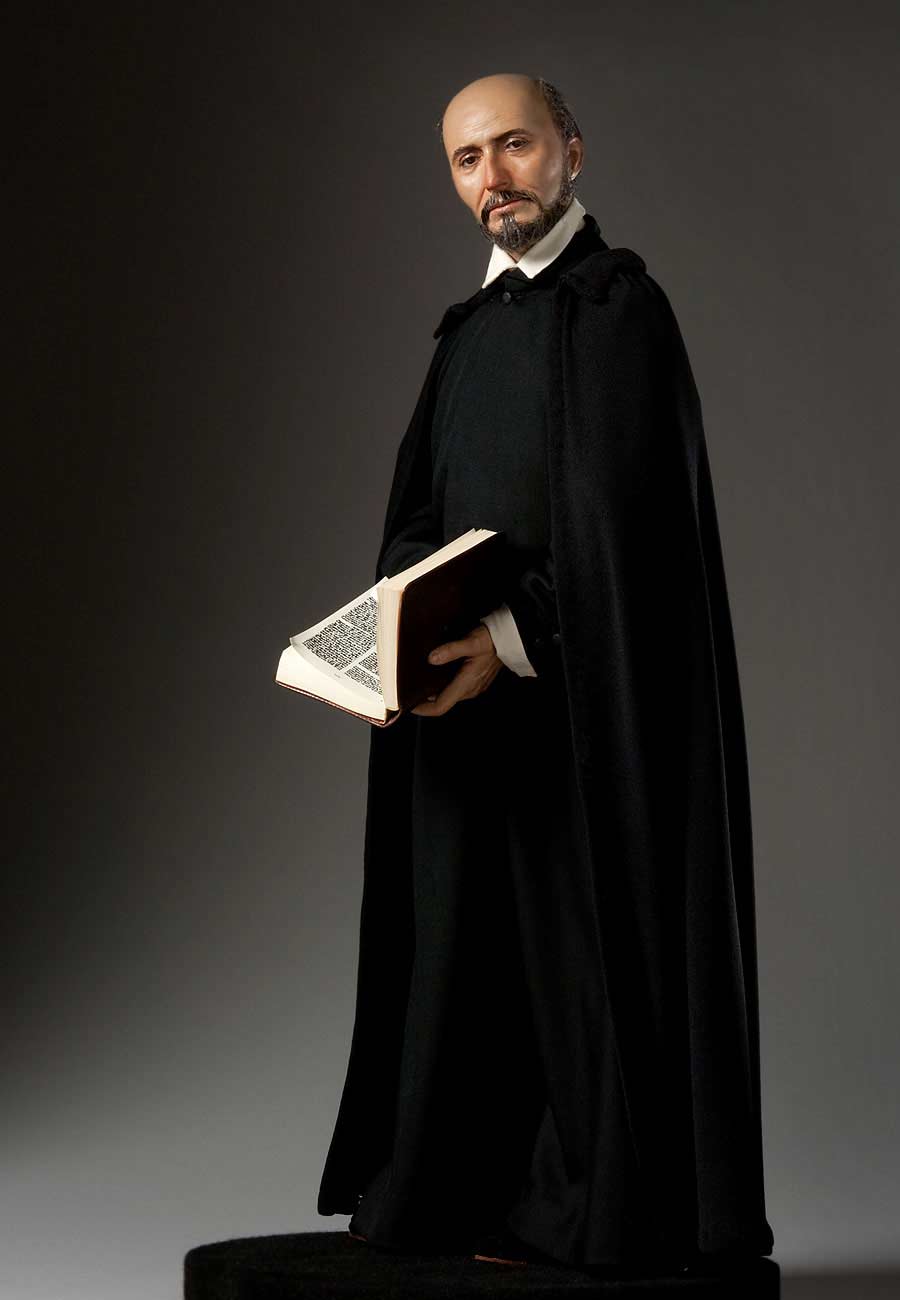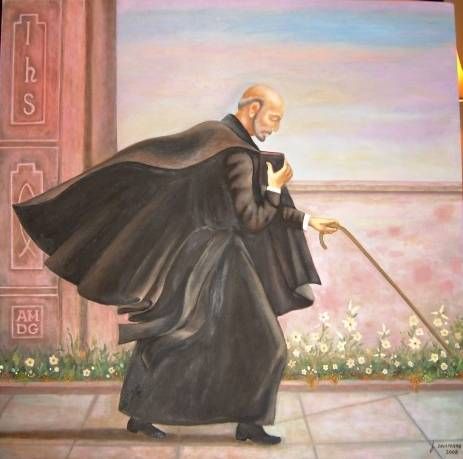Ignatius of Loyola's face was covered with dirt, his hair matted, and his beard and nails of a fearful length, but his soul filled with inward satisfaction, he begged his bread from door to door, a spectacle of scorn and ridicule to all the inhabitants and children of Manreza. He persevered in this course,
notwithstanding the suggestions of the wily enemy of mankind, who wished to tempt him to the world again,until a report was circulated that he was a person of quality, and the feelings of the people were converted from scorn and ridicule to admiration and reverence, whereupon he retreated to a cave in the neighbourhood. The gloom of his new abode excited in him a lively, vigorous spirit of penance, in which he revelled with the utmost fervour, and without the least restraint.
He chastised his body four or five times a day with his iron chain, abstained from food until exhausted nature compelled him to refresh himself with a few roots, and instead of praying seven hours a day, he did nothing but pray from morning until night, and again, from night until morning, lamenting his transgressions, and praising the mercies of God.These excessive indulgences mightily impaired his health, and brought on a disease of the stomach, which at intervals afflicted him, until the time of his death : the spiritual joys which they had formerly brought him suddenly disappeared, he became melancholy, had thoughts of destroying himself, and then recollecting to have read of a hermit who, having fruitlessly petitioned for a favour from God, determined to eat nothing until his prayers were heard, he also resolved to do the same; he persevered for a week, and then at the command of his spiritual director left off fasting, His troubles ceased, and he now began to wax into a saint.
He had a vision of the mystery of the Holy Trinity, of which he spoke, although he could only just read and write, with so much light, and with such sublime expressions, that the most ignorant were instructed,and the most learned delighted. Nay, he wrote down his conceptions of this mystery, but we lament to say, that his manuscript was unfortunately lost.
Link (here) to the portion of the book entitled, The Retrospective Review




































